From Harlem To Stardom: How To Sound Like Moby
Few make the transition from Club DJ to Pop artist in quite the same way Moby did in the late 1990s. We discuss his development as an artist and check out some of the inspiring gear he used over the years.
DJ, musician, songwriter, producer, restauranteur, and animal lover Richard Melville Hall aka Moby was born in Harlem and grew up in San Francisco and Connecticut before returning to New York where he dropped out of University in 1984 to pursue a career in music.
His musical journey started at age 9, learning guitar and piano from his Mother before he began studies in jazz, music theory, and percussion. In the early 1980s, he joined several punk bands before becoming disillusioned with his instruments of choice.
The Moby Sound
He turned to electronic music first as a DJ, to free himself from poverty and later as a producer in the late 1980s where he found dance music a format that offered freedom of expression. However, his road to success was far from sensational.
One of his early singles, Go was well received, especially in Europe and the UK where it reached the top 10 and landed him an appearance on Top Of The Pops. This led to him taking on more production work, trading remixes with the likes of Billy Corgan and Soundgarden.
It was only later when he released his fifth studio album, Play in 1999 that Moby would be recognized on a global scale. His driving downtempo tracks laced with soulful vocal samples proved the perfect formula for the musical landscape of the time, and films like The Beach (2000) would immortalize his work even further.
Roland Compurythm CR-78
It’s well-known that Moby is an avid fan of vintage drum machines. His collection ranges from household classics to the most archaic and obscure organ drum boxes.
The CR-78 is one of his absolute favourites, combining quirky analogue voices with microcomputer-controlled programmability and an unforgettable vintage look.
Due to the versatility of DSP engines, analogue drum machines are becoming increasingly rare these days. However, the Behringer RD-6 is a great place to start without having to pay antique prices.

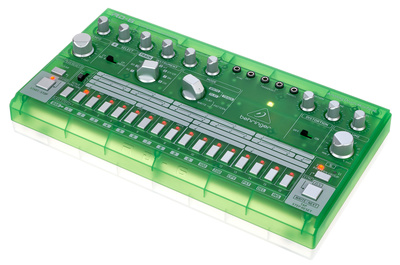
AKAI S3200
Sampled drums, strings, and vocals were hallmarks of Moby’s electronic sound from the very beginning, like on Go 1991 where he sampled Angelo Badalamenti’s haunting string progression from the Twin Peaks soundtrack.
He made use of several AKAI samplers including the S950, the S1000, the S3000, and the S3200. Although Moby wasn’t too precious about maintaining the original pitch of an individual loop or sample, these famous AKAI machines provide incredible versatility with precise editing features, great effects, and routing options.
You won’t find rack samplers, like that today, but the Sonicware LIVEN LoFi-12 captures some of that vintage AKAI grit and provides plenty of creative inspiration with its sequencer and effects.

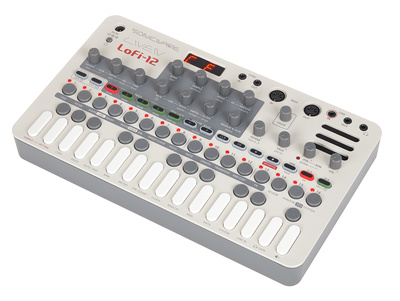
Oberheim Matrix 1000
It sure doesn’t look like much, which is why the Matrix 1000 is possibly one of the most underrated synths of all time. However, it’s a 6-voice polyphonic analogue synth with 2 digitally controlled analogue oscillators per voice and a great bank of 800 patches.
Without an external controller or MIDI editor, the programming is basically non-existent. However, if you sample and edit the pads, leads, or bass sounds in an AKAI sampler for example, you can quickly sculpt the sound to suit the track you’re working on.
Perhaps in the future Oberheim will release more affordable options like they did with the Matrix 1000, but for now, the OB-X8 Desktop will more than suffice.

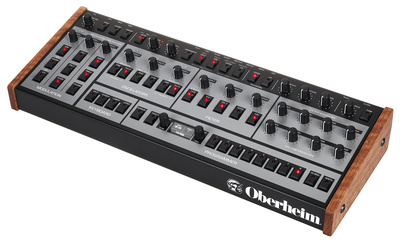
Sky Soundlab VoiceSpectra Vocoder
The glistening, heavenly sound of the analogue vocoder is another key aspect of Moby’s sound, especially on songs like Porcelain where it gives the vocals an otherworldly character.
The VoiceSpectra Vocoder has some intelligent features like high-quality speech tracking that is usually only found on expensive instruments like the famous EMS vocoders.
It’s hard to justify the cost of an analogue vocoder in a modern context, but the recently updated Zynaptiq Orange Vocoder IV plugin offers clarity and warmth at a fraction of the price.

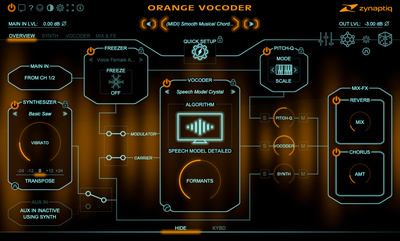
Yamaha SPX-900
Digital reverbs like the Yamaha SPX-900 played an important role in the Moby’s production workflow throughout the 1990s. The SPX-900 is affordable, versatile and easy to use, with a 44.1 kHz 16-bit sound engine and 50 preset effect algorithms.
It might not look like it, but the SPX-900 provides precise control over each sound with EQ and dynamic filters on each effect, as well as additional parameters which can be accessed with a little menu diving.
As an alternative, the H9 Max Harmonizer provides a wealth of high-quality effects with an app controlled interface. In addition, be sure to check out our post on budget reverb pedals.

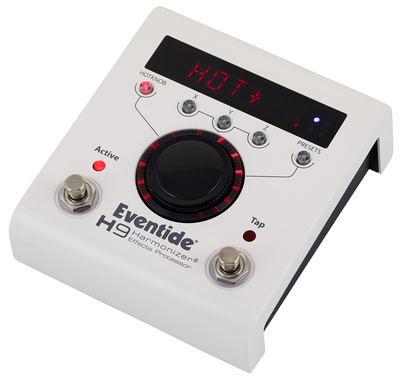
Which of your favourite artists would you like to see in our sound-alike series? Please let us know in the comments below!
More about Moby:
Videos:
Note: This article contains affiliate links that help us fund our site. Don’t worry: the price for you always stays the same! If you buy something through these links, we will receive a small commission. Thank you for your support!
- Roland CR-78: Wikipedia
- AKAI S3200: Chesbay Resort
- Oberheim Matrix 1000: Tone Tweakers
- Sky Soundlab VoiceSpectra Vocoder: Matrix Synth
- Yamaha SPX-900: Retro Gear Shop
One response to “From Harlem To Stardom: How To Sound Like Moby”
 2,9 / 5,0 |
2,9 / 5,0 | 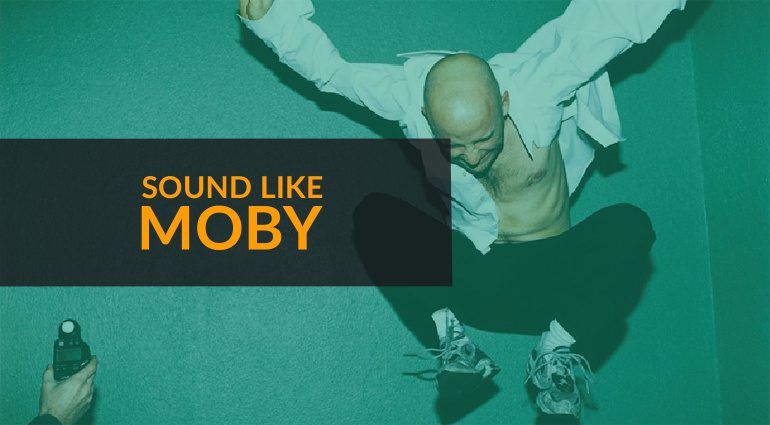

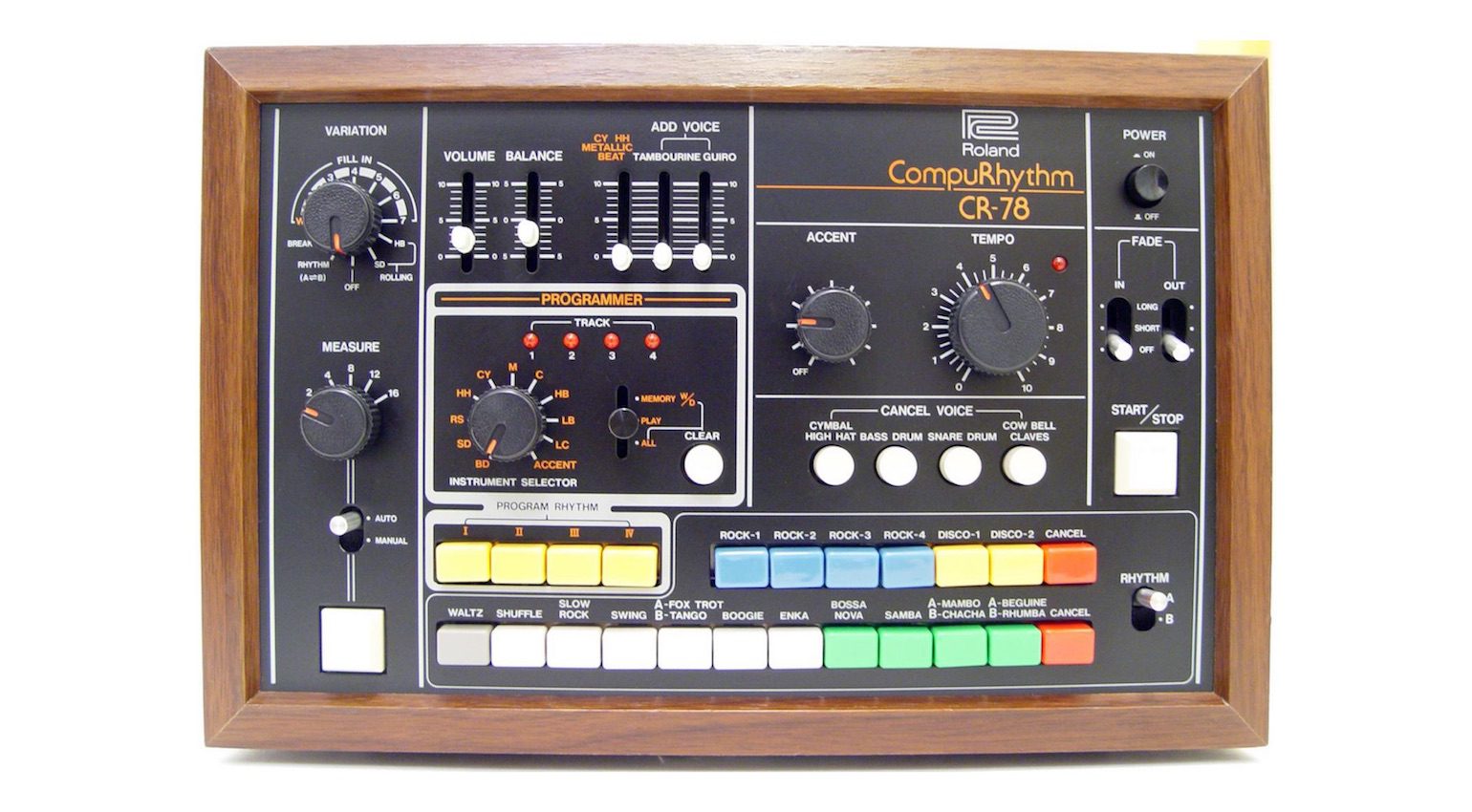

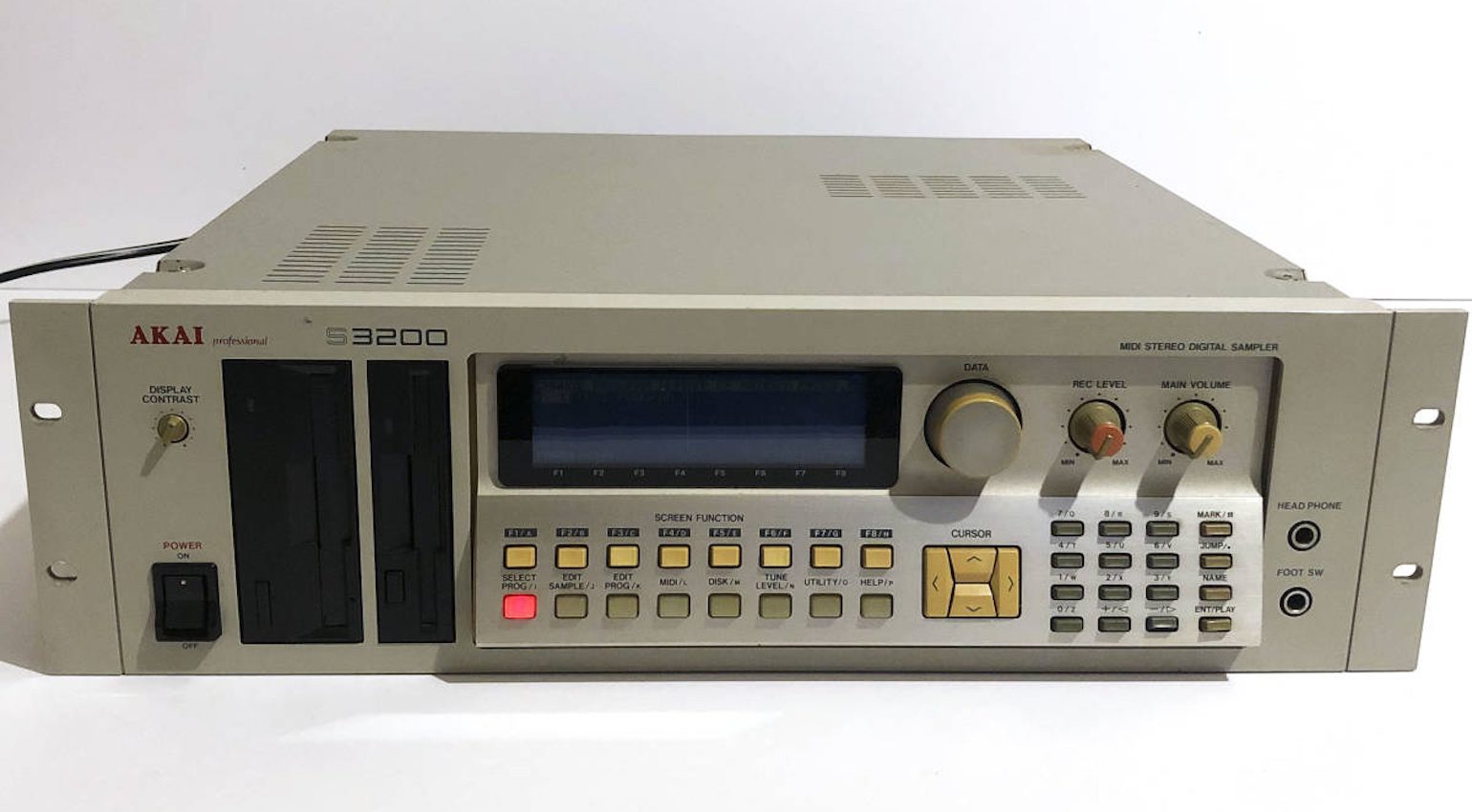


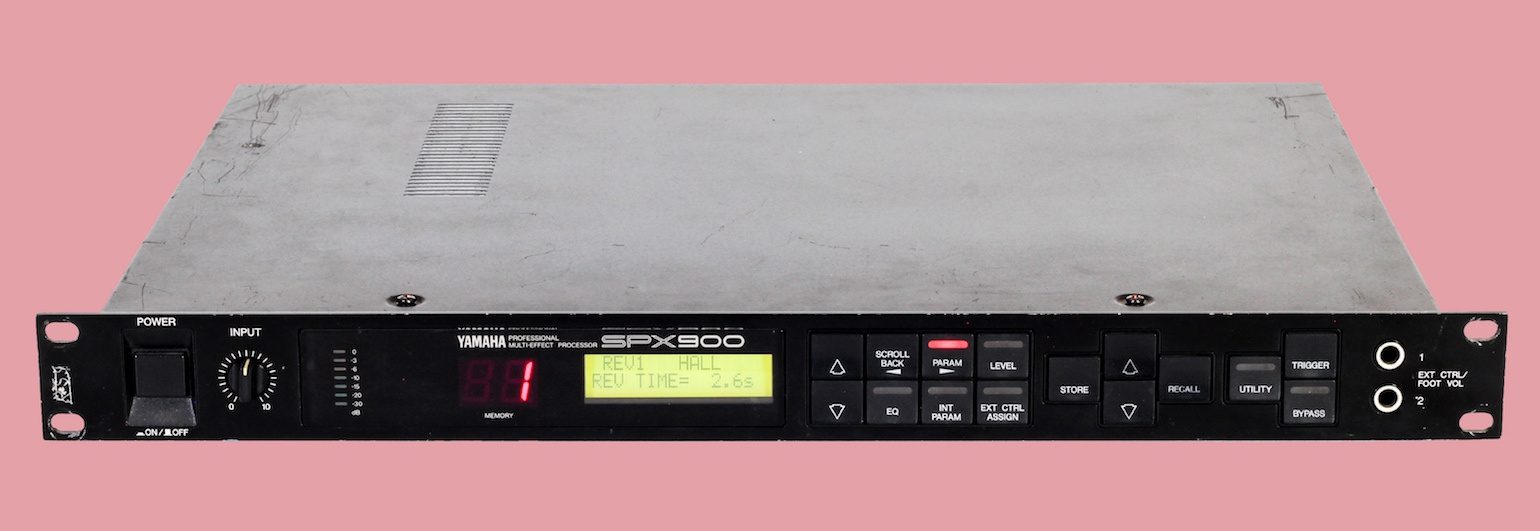
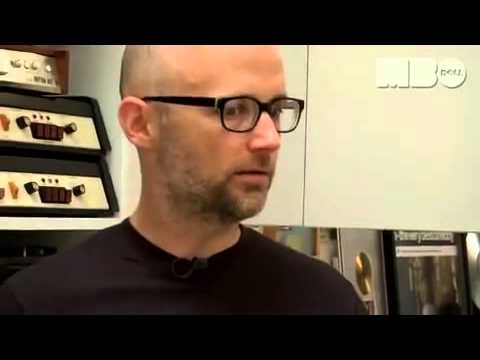
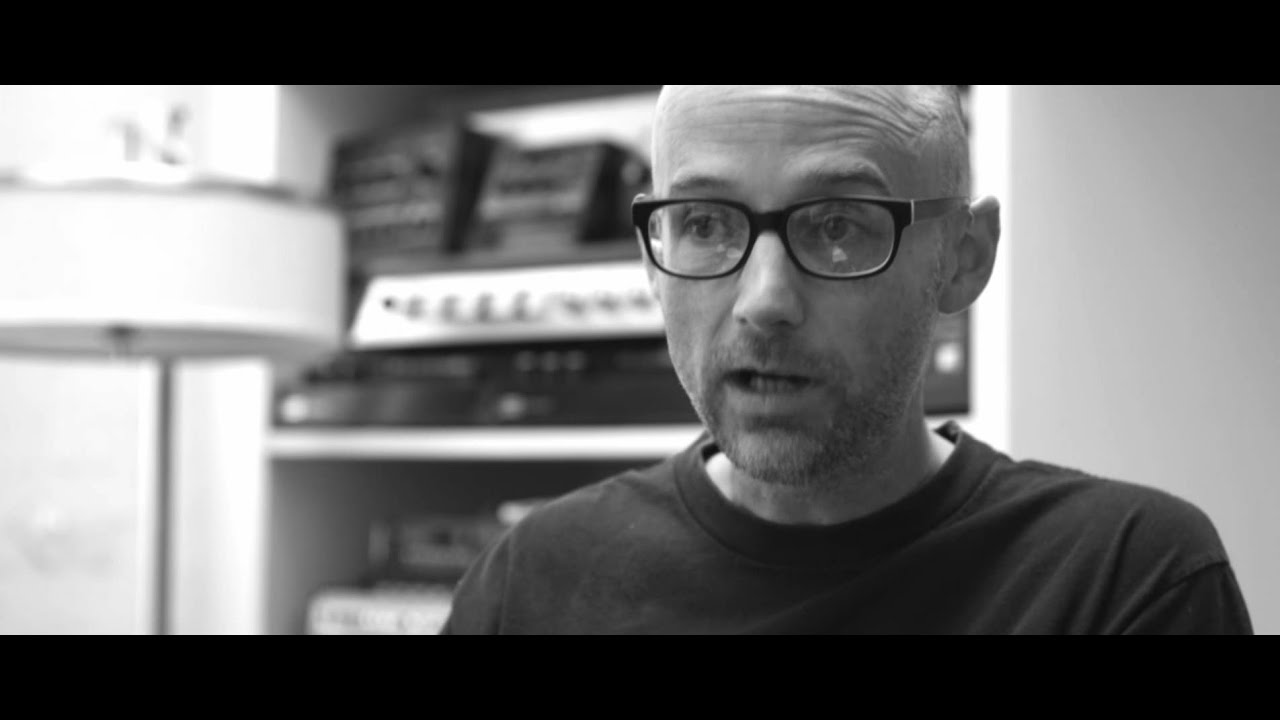
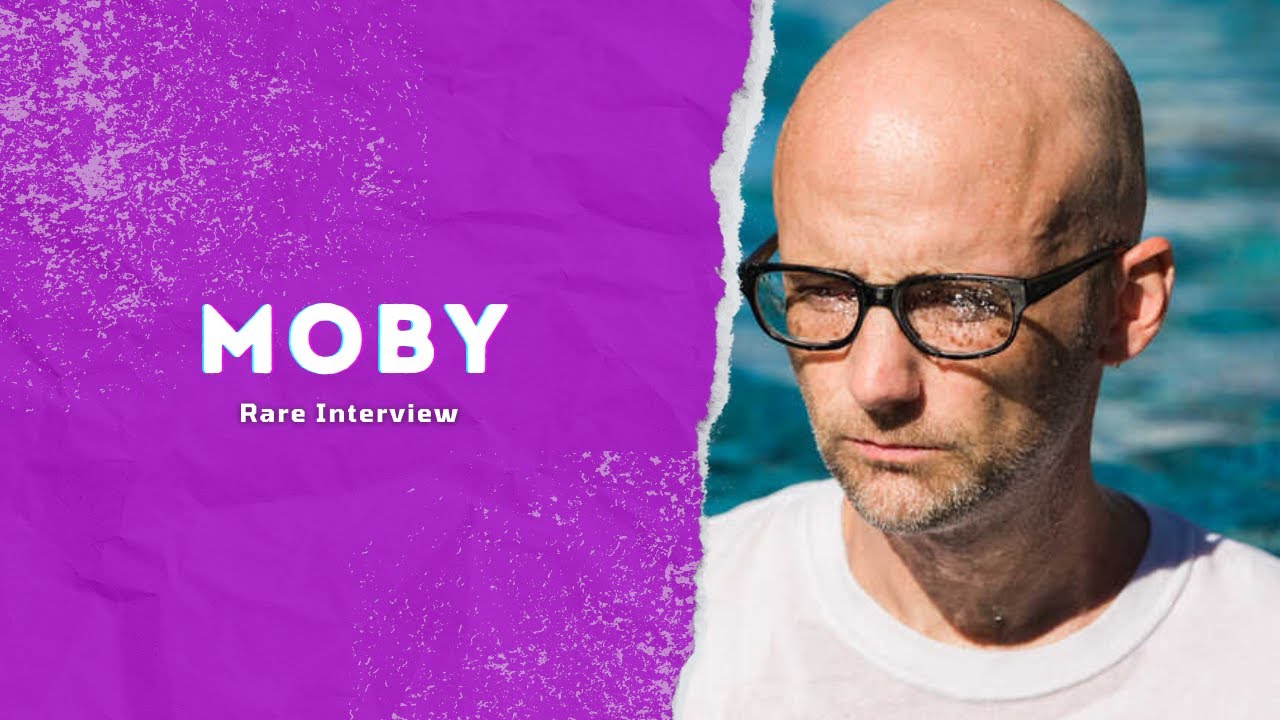
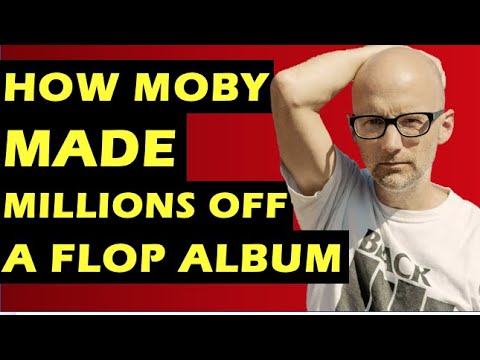
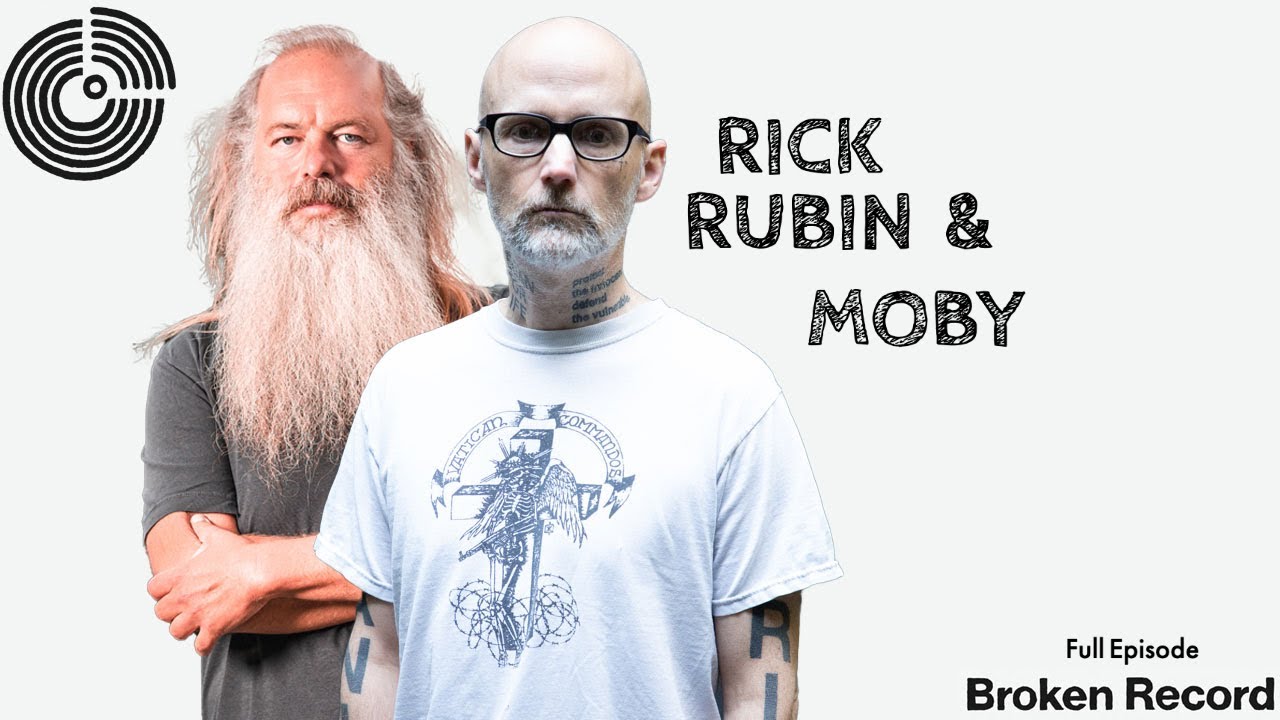
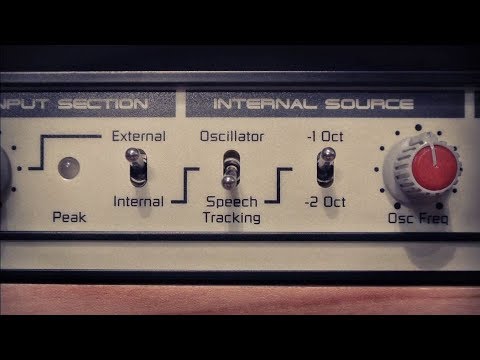
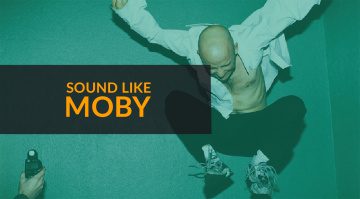

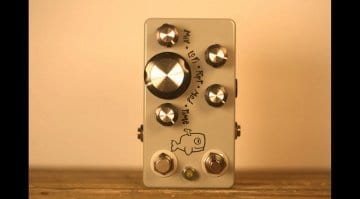
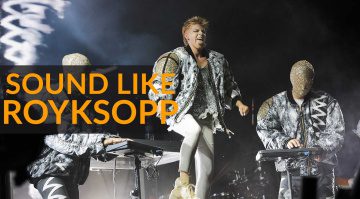
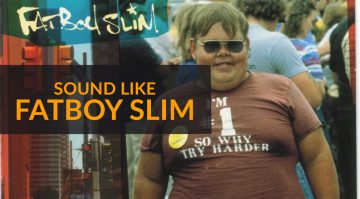
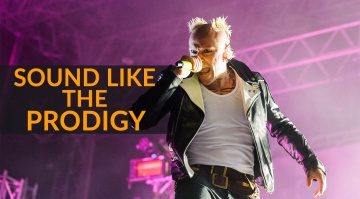

Thanks! Also I’d add MicroFreak with the mic or the MiniKorg vocoder edition for hands-on vocodersz Waldorf STVC? Pricey but strings AND vocoder!
TAL Vocoder, and I am sure I’m forgetting some..Vintage sampler
TAL Sampler, Beat magazine has one too… Also klevgrand Degrader!
Has some truly awesome presets for 80s/90s samplers, game consoles, etc. Baby Audio SuperVHS, and SO much free stuff…